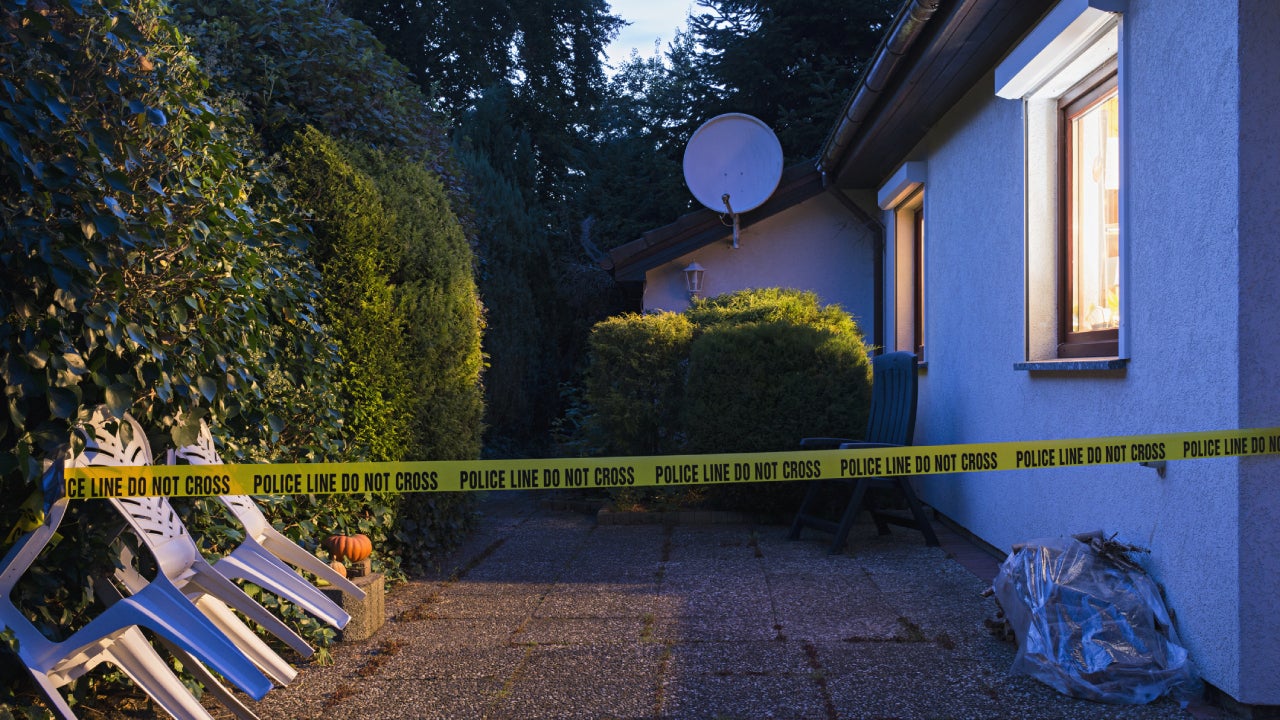How much money do you keep from a home sale?




When you sell your home, you’re probably hoping to make some money. But before you start calculating what you will make on the sale, it’s important to understand what it will cost you: There are a variety of costs associated with selling your house, and you don’t just pocket the full amount of the sale price. Here’s more about how to calculate your potential profit on a home sale.
Typical costs when selling a house
The total amount of your home’s sale price is not the same as your net cash proceeds from the sale. You definitely won’t keep that full amount, and the amount you do keep will vary greatly depending on a wide variety of factors. It may be useful to think of it more in terms of the typical costs you’ll need to pay, rather than the money you get to keep.
Realtor fees
With a traditional home sale, a seller’s biggest cost will likely be real estate agent commission fees. Your agent’s fee will be in the neighborhood of 2.5 to 3 percent of the home’s sale price, and if you agree to pay your buyer’s agent’s fee as well — which many sellers do, though it’s not required — you could double that. So, if you sell your home for $400,000, you’d owe your agent somewhere between $10,000 and $12,000, and potentially the same amount to the buyer’s agent as well. Do keep in mind, though, that Realtor fees are negotiable.
Closing costs
In a real estate transaction, many closing costs are the buyer’s responsibility. But there are closing costs for sellers, too. In many markets, tradition dictates who pays for which transaction costs, but these can often be negotiated as well. Some common closing costs sellers typically pay include:
- Mortgage payoff: Do you still have a mortgage on the home you’re selling? If so, the outstanding balance will come out of your sale proceeds. For example, if you sell your home for $500,000 but you still owe $300,000 on your mortgage, that $300,000 goes right to the lender, not to you. Any unpaid late fees you may have accumulated will also go into the payoff amount.
- Transfer taxes: Most states levy a tax to transfer ownership of the home from you to the new owner. The transfer tax rate will depend on the location of your home.
- Prorated property taxes: As a homeowner, you’re responsible for property taxes for the entire duration of your ownership, right up until closing day. The same goes for HOA fees if the property is part of a homeowners association.
- Title-related fees: Sellers often pay for the title search and/or title insurance policy, both of which relate to ownership and whether anyone else has a claim to the property. The cost, and who pays, varies by location and can often be negotiated.
- Legal fees: Many states require you to hire a real estate attorney to sell a home. However, even if your state is not one of them, it’s smart to have a legal expert review the transaction to make sure your interests are fully protected — especially when it comes to the contract.
- Moving costs: This is not a closing cost, per se, but it’s still an expense that should be factored into your budget. The cost to move can look wildly different depending on whether you’re moving cross-country or just down the street (or somewhere in-between).
- Holding costs: Also not technically a closing cost but worth considering. Even if you’ve already moved out and your home is vacant, you will still need to foot the bill for the typical costs of homeownership until closing is complete, including expenses like utilities and basic maintenance. After all, you’ll need to keep the lights on for potential buyers to see the home.
Optional costs
There is also a wide variety of optional expenses that sellers may pay as they prepare their home for the market. These can include options to make the home more appealing to buyers, such as:
- Staging: Hiring a professional home stager can help make your home look more attractive, especially if it’s cluttered from years of living there (or empty because you’ve already moved out). According to HomeAdvisor, the average cost of home staging is $1,844 — but that figure can swing dramatically depending on the size and scope of the job.
- Pre-listing inspection: Getting your home inspected before listing it for sale is not required, but it can allow you to learn about issues and fix them before putting your home on the market. This will likely cost a few hundred dollars. Keep in mind that if your inspection reveals major defects, you may have a responsibility to disclose them to a buyer, depending on your state’s disclosure laws. If your buyer’s inspector discovers problems you knew about but failed to reveal, that could delay your sale or even derail it altogether.
- Repairs: You might want to repair that leaky faucet or squeaky floorboard before you list, to avoid giving buyers a bad impression. The more you fix beforehand, the less there will be to turn buyers off. But this can set you back financially, so be smart about your decisions. An experienced agent can help you decide what work needs to be done to maximize market appeal — and of course, keeping your home in good repair while you live there will ease this expense once you decide to move. Consider how these common pre-listing repairs stack up cost-wise:
| Repair | Average cost |
|---|---|
| Foundation issues | $5,056 |
| Electrical issues | $348 |
| Roof repair | $1,133 |
| Roof replacement | $5,900 – $12,900 |
| Water heater repair | $600 |
| Water damage repair | $3,300 |
| Pipe replacement | $1,237 |
| Septic system repair | $1,831 |
| HVAC repair | $350 |
| Mold removal | $2,362 |
| Termite damage | $3,000 |
| Source: SoFi | |
How much of the sale price is profit?
Add up all the costs above for your home sale, and subtract the total from your final sale price. Whatever is left is your take-home profit. This amount can vary greatly from one sale to the next and depends a lot on how much you still owe on your mortgage. Profits can look very different in different parts of the country, too.
In addition, your proceeds can be impacted by taxes. For example, if you’ve earned a really significant amount on the sale, you may be responsible for capital gains taxes. Currently, the first $500,000 of capital gain is exempt for married couples filing jointly, and for individual filers it’s $250,000.
When do I get paid?
When will these profits actually show up in your bank account? Typically, the buyer’s money for the sale is due at closing. The agent’s fees and closing costs are paid out from that, as is the mortgage payoff. The net proceeds are then paid to the seller.
The buyer usually provides the money via cashier’s check or wire transfer. (Be careful with wire transfers, as there have been instances of them being fraudulently misdirected.) Depending on how they pay and the closing process in your state, it could take anywhere from 24 hours to several days for you to receive your share of the money.
Example: If I sell my home for $300K, how much do I get?
Let’s say you’ve sold your home for $300,000, and you still owe $150,000 on the mortgage. Assuming the selling expenses below, here’s how much you can expect to make in the end.
| Expense | Cost |
|---|---|
| Realtor commissions | $9,000 (3%) |
| Prep work | $1,450 |
| Pre-listing inspection | $375 |
| Repairs | $500 |
| Mortgage payoff | $150,000 |
| Closing costs | $3,500 |
| Remaining bills on property | $1,000 |
| Moving expenses | $1,713 |
| Storage | $500 |
| Total expenses | $168,038 |
| Net proceeds (sale price minus expenses) | $131,962 |
Next steps
There’s a lot to keep track of when selling your home, and professional help can be invaluable. Hire a real estate agent who knows your area well to help guide you through the process. A licensed agent can give you advice every step of the way, from pricing your home correctly all the way through closing.
FAQs
Why we ask for feedback Your feedback helps us improve our content and services. It takes less than a minute to complete.
Your responses are anonymous and will only be used for improving our website.




